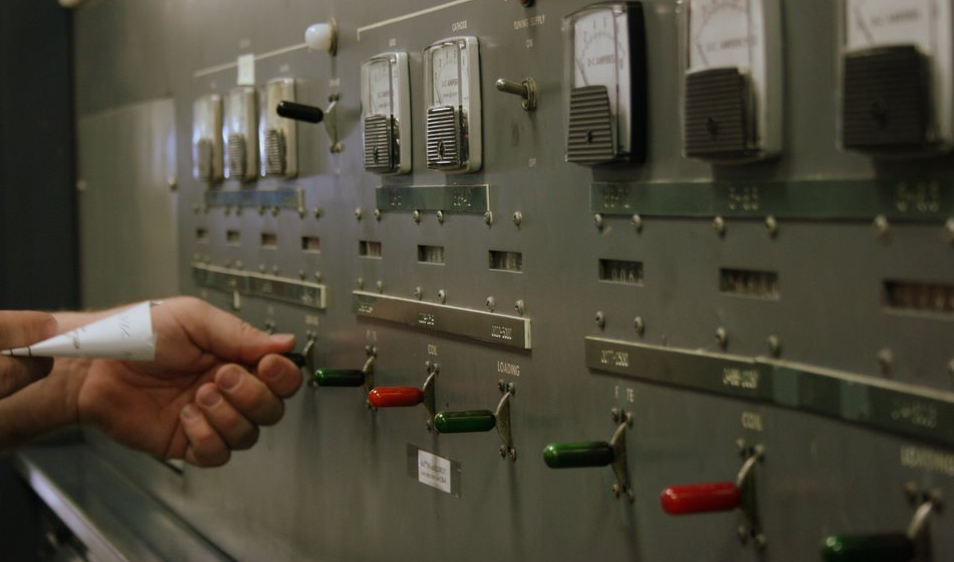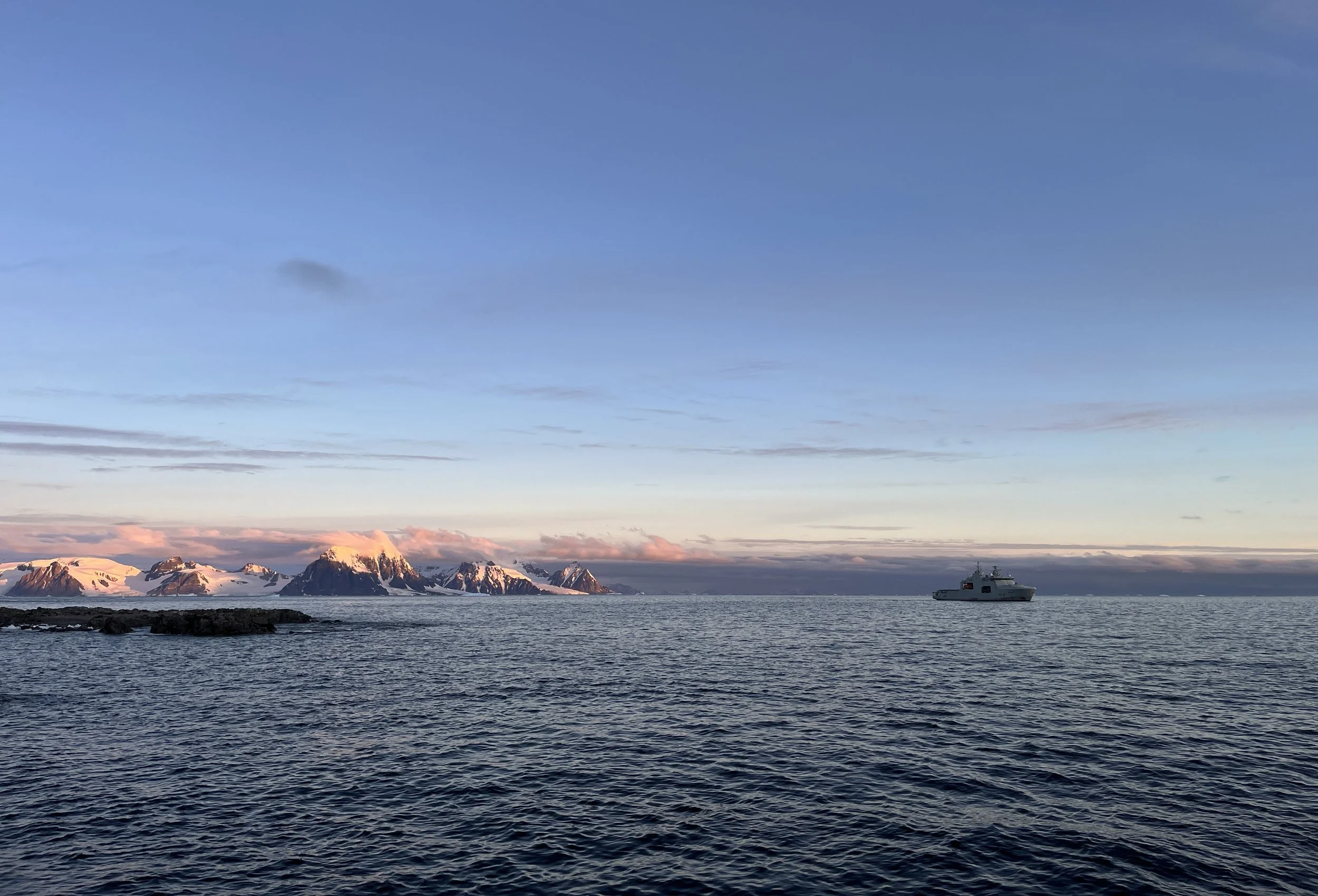BBC World Service Annual Antarctic Midwinter Broadcast: June 21, 2025
/HMCS margaret Brooke off rothera station during the canadian antarctic science research expedition on March 15, 2025 (Courtesy of Dr. kevin wilcox)
A live, off-air, half-hour recording of the BBC World Service special Antarctic Midwinter Broadcast on 21 June 2025 beginning at 21:30 UTC.
The broadcast, hosted by Cerys Matthews and which celebrated the 70th anniversary of the first BBC broadcast to Antarctica, featured messages and music for the members of the staff of the British Antarctic Survey (BAS) overwintering in Antarctica at the Rothera (Antarctic Peninsula) and King Edward Point and Bird Island (South Georgia) research stations. In addition to personal messages from family and friends, there was a message from Professor Dame Jane Francis, Director of BAS, who highlighted the construction of the Discovery Building at Rothera, and a very special message from King Charles III, a first for a monarch, highlighting climate change. He said "Each observation, measurement and calculation you undertake adds to the world's understanding of the Earth's fragile systems."
The recording is of the transmission on 12065 kHz from the BBC's Woofferton, England, transmitting station. The broadcast was received by the Web-interface wideband software-defined radio at the University of Twente in Enschede, The Netherlands, with a "Mini-Whip" antenna in AM synchronous mode with 5.08 kHz RF filtering. Reception was quite good with little noise or fading and good signal strength. The additional parallel frequencies of 5960 kHz from Al'Dhabbaya, United Arab Emirates, and 9575 kHz from Ascension were heard but not as well as 12065 kHz.











